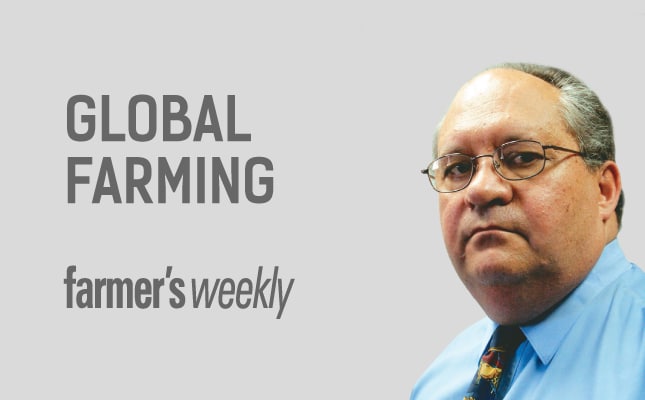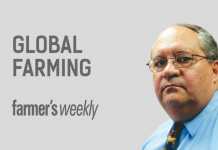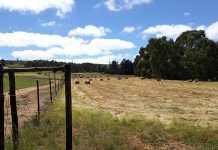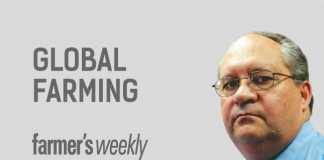
Few of us remember a time when R1 bought more than US$1. Over the past few months, we’ve seen the rand drop to R12 to the dollar, the lowest level in 14 years. Estimates are that the rand will continue to weaken for now. Currencies, like gold and maize, are commodities. The price is determined by supply and demand. If the demand for the rand increases, the price will go up; if the demand decreases, the price will go down. The same is true of other currencies such as the US dollar.
The long-term downward trend in the value of the rand has firstly been caused by the difference in the rate of inflation in South Africa (5% to 6% and even higher in the past) and the US (currently -0,1%), as well as the difference in the growth of the money supply in each country. In the long term, the rand weakens at about 6% per year.
Recent events
The current sharp weakening of the rand is mainly the result of a loss of confidence in the safety of South Africa as an investment destination. South Africa has a stable, well-regulated financial system. Investors know this and the country should be an attractive investment for them.
But the risks associated with such an investment have increased over the past few years as politicians started talking about the nationalisation of assets, prevention of land ownership by foreigners, 50% land for workers and land ceilings.
The return must balance the risk
Investors will only invest in South Africa if they can get a high enough rate of return to cover their perception of the country’s financial risks. Every time a politician says something threatening about private property ownership, it damages our standing internationally.
The weakening of the rand in the wake of the Reserve Bank’s May announcement that it would keep the repo rate stable illustrated just how sensitive investors are. This will continue for as long as government continues to show how little it understands economics.
Impact of the weak rand
For farmers, a weaker currency holds both benefits and costs. Exporting industries (deciduous and citrus fruit, wool, and even import-sensitive industries such as dairy and poultry) benefit from a weaker rand. The reason is obvious – they get higher prices on world markets.
Unfortunately for the dairy industry, overproduction internationally has resulted in very low international product prices. While product prices increase, this is unfortunately also true for all imported farm requisites. Luckily, the oil price did decrease, thereby cushioning the effect of the weaker rand on local fuel prices. But the price of imported products such as chemicals and machinery will increase sharply.
Local agribusinesses are usually quick to adjust prices upwards as the rand weakens. Farmers who buy machinery should try not to pay prices based on current exchange rates for machinery already imported before the rand weakened. A weaker rand results in higher imported inflation.
The expected 20%+ increase in electricity costs later this year will further increase chances of inflation breaching the Reserve Bank’s top inflation target of 6%. If this happens, the Reserve Bank will not hesitate to increase interest rates. Any increase will, however, be modest and will probably not exceed 0,5 to 1 percentage point. The cost of capital to farmers will increase slightly.
Creating wealth
The government’s talks about land ceilings, 50% of farms for workers and its unwillingness to discuss organised agriculture’s sensible land reform plans has already caused nervousness about financing farmers. Thus, while the cost of capital will not increase substantially, farmers may in future find it difficult to find finance.
In the dairy sector, we have seen several examples of joint ventures pooling resources and achieving the needed economies of scale. In spite of government’s mismanagement of the economy, the markets for South African products both in this country and in neighbouring states are growing.
Farmers who are able to produce good quality products in spite of all the difficulties they face, will still be able to create wealth for themselves, their families and their workers.
Dr Koos Coetzee is an agricultural economist at the MPO. All opinions expressed are his own and do not reflect MPO policy.




